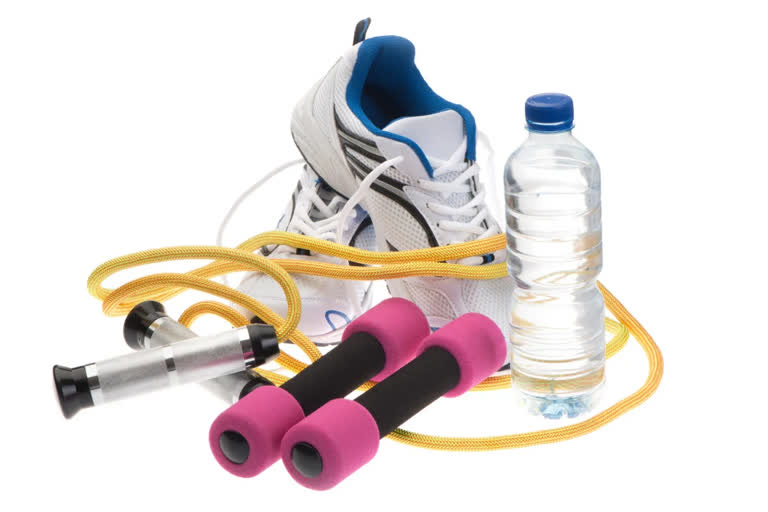Hyderabad: If you cringe at the idea of lacing up running shoes, wrapping yourself in spandex, and doing laps, reps, and sets, just move. If you think a boot camp is for soldiers and “plyometrics” doesn’t ring any bells, just move. If you need to improve your numbers - not fun ones like scoops of ice cream atop a (waffle, please) cone, but serious ones, like diastolic and systolic, LDL and HDL - just move. That is the advice offered by I-Min Lee, professor of epidemiology at the Harvard T.H. Chan School of Public Health, and of medicine at Harvard Medical School and Brigham and Women’s Hospital’s Division of Preventive Medicine.
Lee said what’s important for health isn’t necessarily physical “exercise,” it’s physical activity: moving the muscles and expending energy however you can. If the question is how much is enough to improve your health, the answer - particularly if you do little now - is simple: more. “Exercise is great for those who can and want to do it, but ‘exercise’ is not necessary for health benefits. Any physical activity is healthful, and physical activity is what we do in daily life,” Lee said. “We don’t need to ‘exercise’ to reap health benefits.”
That should come as good news for about three-quarters of us. Though we’re bombarded with messages about the healthful benefits of exercise, most American adults don’t exercise, or at least not enough to meet U.S. Department of Health and Human Services guidelines. According to the National Center for Health Statistics, just 24.2 per cent of adults 18 and older meet recommendations for aerobic activity and muscle strengthening. Those suggest Two and a half to Five hours of moderate-intensity aerobic activity like brisk walking, as well as muscle-strengthening activities at least twice a week.
Lee said what activities you do and how much depends on the reason you’re getting active. Some want to get fitter so the walk around the block can evolve into a hike up a mountain. Others want to lose weight, and still, others are concerned about ills that become more frequent as we age, like diabetes, heart disease, and high blood pressure. ‘Couch to 5k’ might be fine for someone wanting to do a 5k. For health, I would approach it very differently: The goal is simply to get started,” Lee said.
